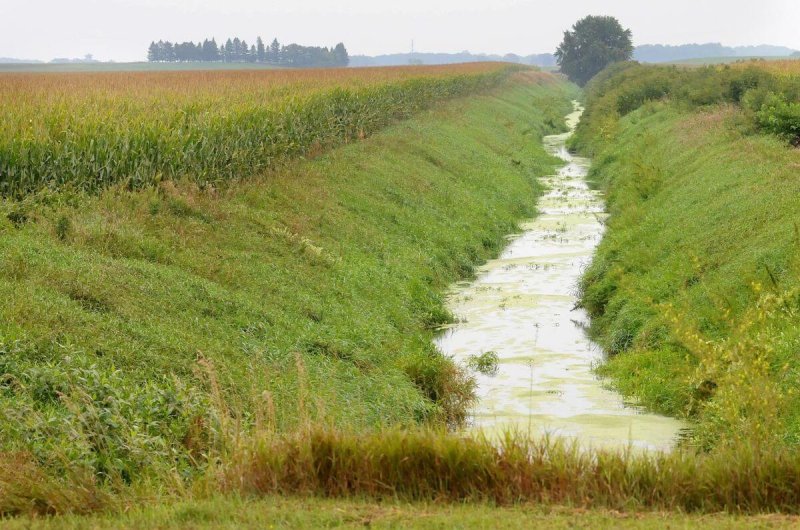In general, our findings lend support for the notion that the policy regime is the most important determinant for risk perception, followed by the type of risk dimension and level of trust in industry.
…
The guiding question of this study was whether or not consumers are likely to reject green GE under all circumstances. For our purposes, this would be reflected by the level of risk perception remaining the same across each product end-use, type of policy regime and risk dimension. However, this supposition was immediately contested by the fact that risk perception of green biotechnology depends on product end-use. This finding has important implications, since it suggests that biotechnological applications are evaluated at both the technological and the product levels, specifically in relation to the intended end-use. In general, food applications are perceived to be riskier than those for bioenergy, suggesting that nonfood products might find greater public acceptance.
Read full, original post: Debunking the myth of general consumer rejection of green genetic engineering: Empirical evidence from Germany (behind paywall)































